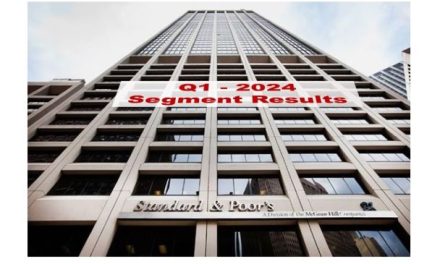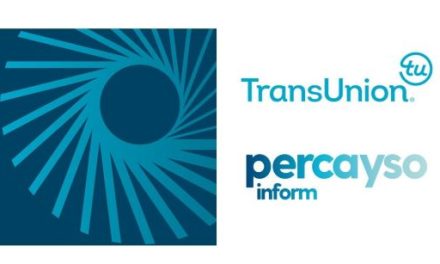A German law has come into force requiring companies to check supply chains for environmental and social risks.
Firms could face fines of up to 2% of their global turnover if they fail to identify, assess, prevent and remedy human rights and environmental impacts in their supply chains, following the introduction of the German Supply Chain Due Diligence Act on 1 January 2023.
Any firm which supplies a large German company will need to report ESG data to their German customers to comply with the law.
Thibault Lecat, UK managing director of management consultancy Inverto, said: “Germany is going further and faster on ESG than many other countries. Large German businesses are effectively being forced to take responsibility for ESG risks in their whole supply chain – from now.
“UK businesses essentially have no choice but to comply with this law if they want to keep their German customers.”
The law was applied to all German companies with more than 3,000 employees from 1 January, and will be extended to firms with over 1,000 employees from January 2024.
Companies which fail to comply risk being barred from German public contracts for up to three years.
In some cases, UK suppliers will already be complying with similar UK regulations, such as those covered by the Modern Slavery Act, Lecat noted.
Lecat said: “A law passed in Germany is going to have significant compliance ramifications for businesses in the UK and around the world, which many will simply not be prepared for. German companies will be pushing their suppliers worldwide hard to avoid heavy fines.
“The global ramifications of this new law are only just becoming clear to many businesses. In the UK, most suppliers of German businesses will have been unaware of these new requirements until their German customers started submitting demands for information.”
Hinesh Shah, who specialises in forensic intelligence at law firm Pinsent Masons, said the legislation highlights how “the scope of supplier due diligence is evolving”, as greater focus is placed on social and environmental issues by governments.
“Suppliers will need to demonstrate they are able to meet the requirements set out in the legislation or else face their business relationships being terminated,” he said.
An EU-wide supply chain due diligence directive is in the pipeline, which will require large EU firms, and international firms doing business in the EU, to conduct comprehensive ESG audits of global supply chains and take action where required.
 Canada has also announced similar legislation.
Canada has also announced similar legislation.
This article was published by Juliette Rowsell in Law
Source: CIPS.org/supply chain news
Also read: What is in a Name? Lieferantenkettensorgfaltspflichtengesetz


























